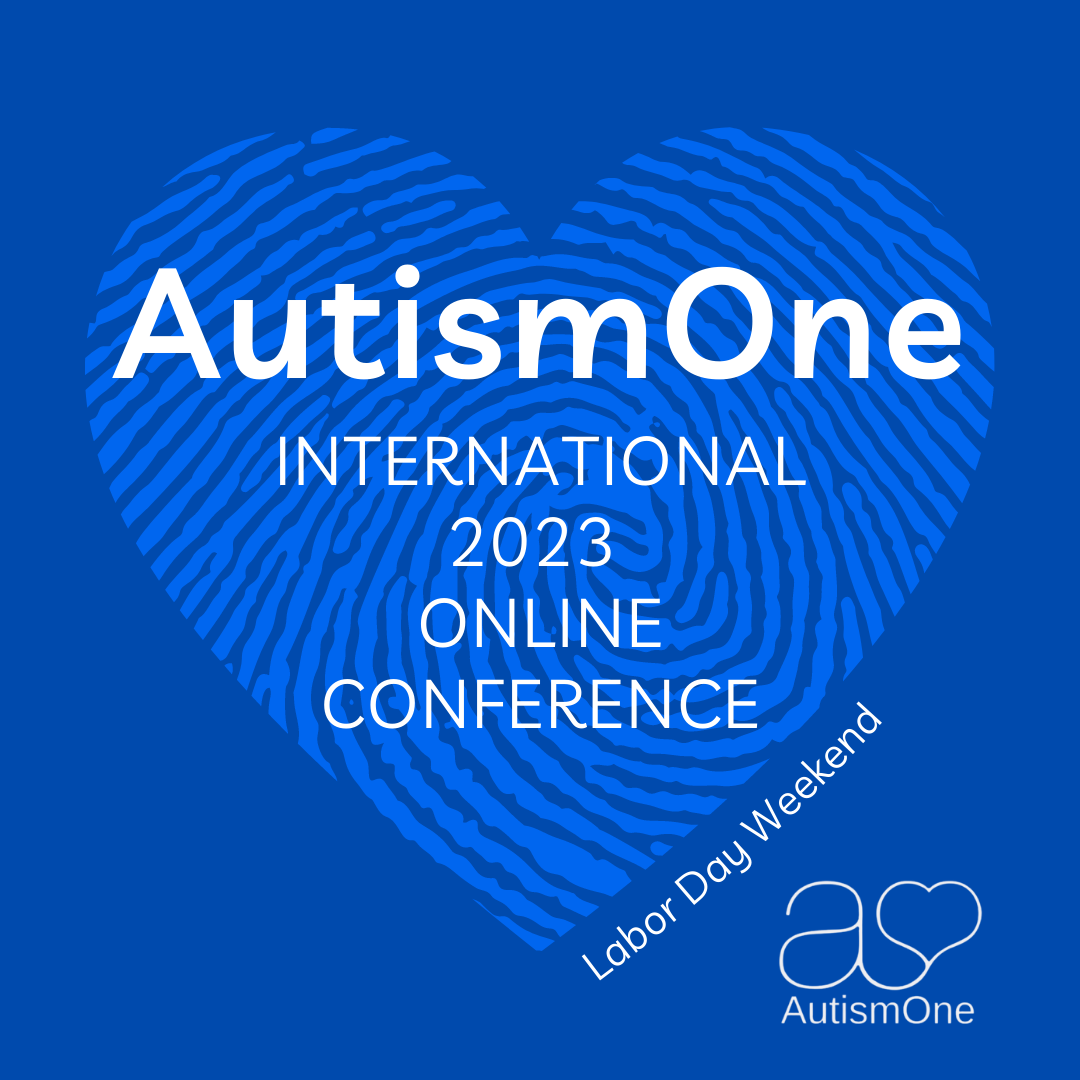The presentation will begin In:
Days
Hours
Minutes
- Saturday, September 2 2023
- 11:00am(EDT)
- Medical Keynote, Neurology
- Add to Calendar
Perpetual neuroinflammation is the core neurological challenge in autism. Mitochondrial insufficiency is the core cause of the perpetual nature of the inflammation. Delayed and dysfunctional myelination is the core consequence of the perpetual neuroinflammation. A core component of myelin is a phospholipid called plasmalogen. Myelin development is dependent upon sufficient intra-brain biosynthesis of plasmalogens in oligodendrocytes. The primary source of nutritional supplementation of plasmalogens is via plasmalogen precursors that are present in human breast milk (but not cow’s milk or formula). Circulating and other dietary sources of plasmalogens are generally unavailable to the brain. Recently, nutritional supplementation of plasmalogen precursors identical to those found in human breast milk have become available. These plasmalogen precursors either alone or in combination with specific mitochondrial supplements have been found to be effective in children and adults with autism. This lecture will provide an overview of the biochemistry and neurology of autism and how new research that specifically targets myelin and mitochondrial restoration is showing positive results in autism.
